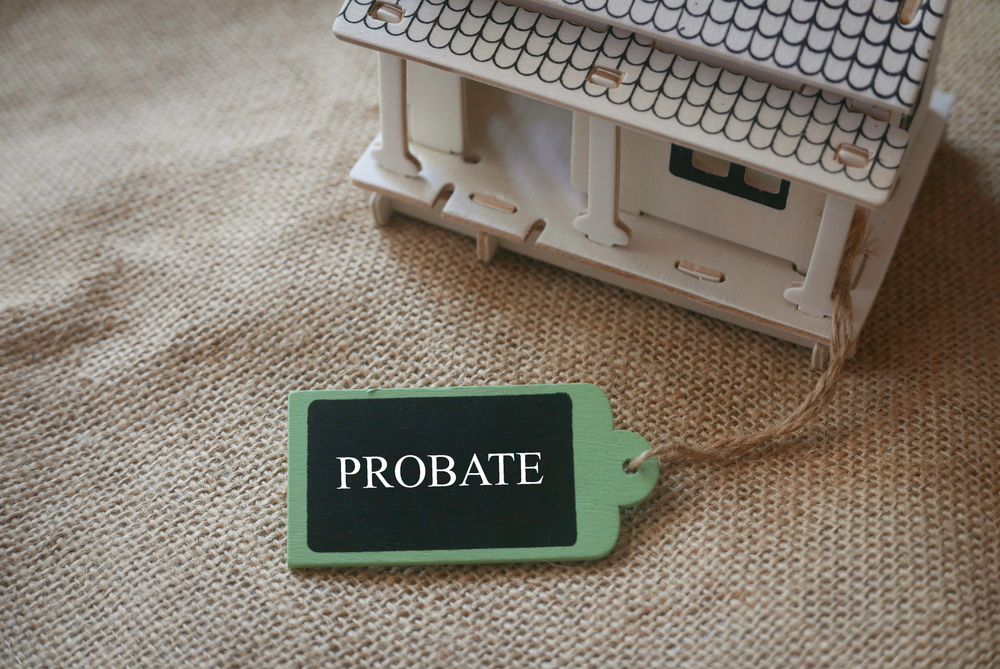Can You Empty a House Before Probate? The answer is almost negative. Generally, probate is a legal procedure used by the court to establish whether a will, if any, is valid and to designate the executor, or, in the absence of a will, the administrator, to handle the decedent’s estate.
No one has the authority to administer the assets of the decedent until the executor or administrator has been appointed, including the personal property that can be located in the decedent’s home.
Once appointed, the executor or administrator can tell the distributees or beneficiaries to sort through the decedent’s things, collect any property that has been specifically devised for them, and create an inventory of the decedent’s remaining personal property.
When You Can Empty A House Before Probate
There are some circumstances in which a person may be able to empty the decedent’s home soon after his or her death. These situations refer to situations in which a house does not need to be probated because it passes immediately to another person as a result of the property ownership, such as properties held in a living trust, joint ownership, tenancy by the entirety, community property, ladybird deed, or transfer-on-death deed, among other things. Such kinds of assets are referred to as non-probate assets.
1- Trust Property
Unless they are established through a testamentary trust or a trust created under the will, trust properties do not have to go through the probate process. Transfers have previously been made to the trustee by the dead grantor while he was still living (even if the trustee and beneficiary are the deceased grantors himself).
Following the death of the grantor, the trustee, in accordance with the conditions of the trust, has the authority to transfer the property to the successor beneficiary as soon as possible. Because the trust property is deemed a non-probate asset, its administration is governed by the terms of the trust rather than the laws of the state where the trust is located.
2- Joint Ownership
Joint ownership with right of survivorship, tenancy by the entirety, and community property ownership are all examples of types of ownership in which two persons own an undivided stake in a piece of real estate that they jointly own.
The primary distinction between joint ownership with the right of survivorship and tenancy by the entirety or community property is that in the former, the co-owners are not required to be married, whereas, in tenancy by the entirety and community property, the co-owners are required to be legally married.
Property ownership in this type of agreement transfers instantly to the surviving co-owner by virtue of the property owner indicated in the deed upon the death of a co-owner. Because this type of property is a non-probate asset, it is not subject to the jurisdiction of the probate court, and, as a result, no action by the probate court is required before the residence can be vacated.
3- Transfer-on-Death Deed
Similar to the transfer on death deed, the ladybird deed allows the grantor to revocable transfer the house to a third party (the remainderman) at death while retaining the right to live in, use, and enjoy the fruits of the property during his or her lifetime. Because of the terms of the deed, the remainderman is able to take instant ownership of the property upon death, bypassing the need for a probate court proceeding.
The remainderman can, therefore, promptly vacate the residence, even if the grantor’s Affidavit of Death has not been properly recorded, even if the grantor’s estate is not subject to probate.
Is It Possible To Live In The House Before It Goes Through Probate?
If the individual has been living in residence before the decedent’s death, the person may be allowed to continue living in the house until the estate is administered. Only after appointing an executor or administrator can order the person to remove the premises or face eviction from the premises.
Nothing prevents the individual who is currently residing in the house from emptying the house prior to probate during this time period. It is possible that the individual who took something of value if it can be established will have a cause of action against the executor or administrator once they have been appointed.
I hope this article will help you with “can you empty a house before probate”. If still, you have any issues or concerns, do not hesitate to get in touch with us. CashBuyersNY can buy your house quickly and make you a full cash offer within 24 hours, or we can buy it when it’s convenient for you. You’ll love dealing with us because we’re investors and issue solvers who can buy houses and fix problems at the same time. You can contact us now or also can get an offer if you are ready to sell a house fast for cash.






